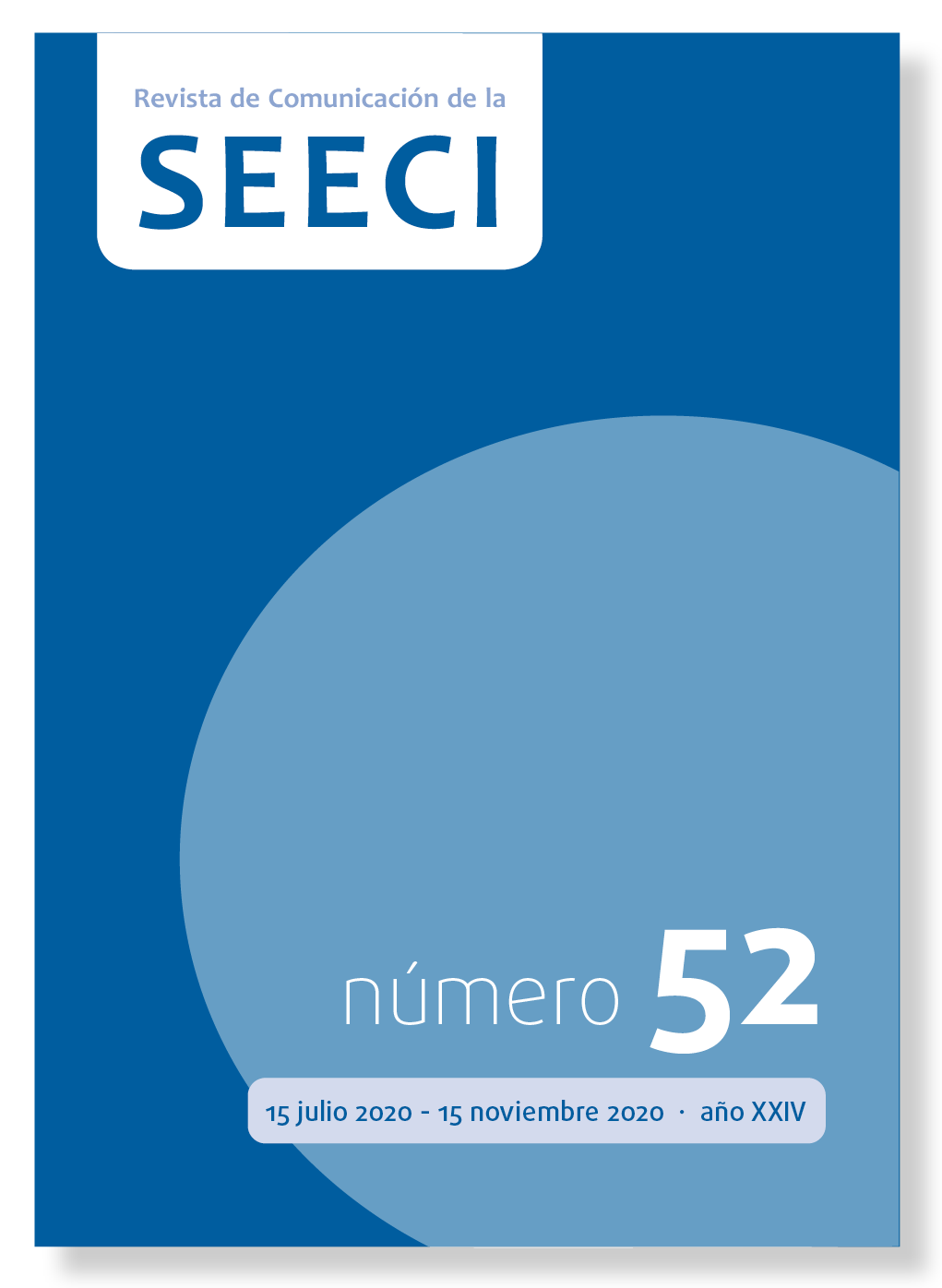Edmodo: an e-learning platform for inclusion
Main Article Content
Abstract
This article summarizes the pedagogical experience of including the LMS: edmodo within the educational resources of a Venezuelan college and a university. In its development, the most important characteristics of the environment, the implications of including, in teaching, the description of the socio-economic context of Venezuela, the use of the LMS and the benefits generated therefrom are addressed and, finally, the conclusions reached after assessing the impact of its application. The edmodo e-learning platform has become an inclusion mechanism by offering free-access environments, repositories of digital resources and effective communication mechanisms between students and teachers. This is a logical part of the process of adaptation to the new information technologies by the educational sector, being an indication that it goes well beyond the arbitrary and expensive distribution of computer equipment in the classroom: the logical path of this adaptation, given the general experience with ICT, is to create software tools that allow us to use hardware for specifically academic purposes that, in addition, involve some type of advantage or improvement over the analogical class.
Downloads
Article Details
The Journal of Communication of SEECI recognizes and promotes copyright rights, as well as the need to disseminate knowledge in an accessible and equitable manner. Our journal operates under a Creative Commons License CC BY-NC 4.0, which allows authors and users to:
- Share and Adapt: Copy, redistribute, and adapt the material published in the journal in any medium or format.
- Attribution: Properly acknowledge authorship and provide a link to the license, indicating if any changes have been made.
- Non-Commercial: Do not use the material for commercial purposes without the express permission of the authors and the journal.
- Authors retain copyright and may enter into non-exclusive agreements for self-archiving, deposit, or distribution of the publisher's version published in this journal, including institutional, national, or international repositories, and personal websites.
References
Alises Camacho, M. E. (2017). Potencial pedagógico del Mobile Learning en el aula de música secundaria. Revista de comunicación de la SEECI, (43), 29-51. Recuperado de http://www.seeci.net/revista/index.php/seeci/article/view/459
Alonso García, S.; Morte Toboso, E., y Almansa Núñez, S. (2015). Redes sociales aplicadas a la educación: EDMODO. EDMETIC, Revista de Educación Mediática y TIC, 4(2), 88-111.
Beyoda, A. (2007). ¿Qué es interactividad? [Mensaje en un blog]. BLOGS ENAP Universidad Autónoma de México. Recuperado de http://blogs.enap.unam.mx/asignatura/francisco_alarcon/wp-content/uploads/2011/06/interactividad.pdf
Bravo, L. (2015). La escolaridad y la Inversión Educativa en Venezuela al 2015. Recuperado de https://es.scribd.com/document/263148884/Escolaridad-e-inversion-educativa-en-Venezuela-2015
Clarenc, C. (2012). Videoconferencia: e-Learning-ubicuo - Concepción de ubicuidad en el e-Learning. [Archivo de video]. Recuperado de http://vimeo.com/38286913
Clarenc, C. (2013). Instrumento de evaluación y selección de sistemas de gestión de aprendizaje y otros materiales digitales: Medición y ponderación de LMS y CLMS, recursos educativos digitales y herramientas o sitios de la WEB 3.0. En: Congreso Virtual Mundial de e-Learning: Grupo GEIPITE. Recuperado de http://es.scribd.com/doc/175057118/Instrumento-evaluacion-LMS-materialesdigitales-recursos-web30
De la Torre, A. (2006). Definición de Web 2.0. [Mensaje en un blog]. Bitácora de Aníbal de la Torre. Recuperado de http://adelat.org/conceptos_clave_en_la_web_2_0_y_iii
El Nacional (15 de abril de 2016). FMI: Venezuela cerrará en 2017 con 1600% de inflación. Recuperado de http://www.el-nacional.com/noticias/economia/fmi-venezuela-cerrara-2017-con-1600-inflacion_28189
Fombona Cadavieco, J., y Pascual Sevillano, M. A. (2013). Beneficios del m-learning en la Educación Superior. Educatio Siglo XXI, 31(2), 211-234.
Fombona Cadavieco, J., y Roza Martín, P. (2016). Uso de los dispositivos móviles en educación infantil. Edmetic, 5(2), 159-181.
Marta-Lazo, C.; Valero-Errazu, D., y Gabelas Barroso, J. A. (2018). Uso de Twitter en los MOOC: Nuevas formas de interacción juvenil y su influencia en el aprendizaje. Revista Latina de Comunicación Social, (73), 1333-1352.
Martín-Gómez, S.; García-Rojo, E.; Masa-Lorenzo, C., y Villar-Fernández, N. (2011). Los nuevos modelos de aprendizaje basados en tecnologías de información y comunicación en los grados de administración y dirección de empresas y su aplicación en la Universidad CEU San Pablo. Revista de comunicación VIVAT Academia, (117E), 629-642. doi: http://dx.doi.org/10.15178/va.2011.117E.629-642
Pineda Martínez, P., y Castañeda Zumeta, A. (2013). Los LMS como herramienta colaborativa en Educación. Un análisis comparativo de las grandes plataformas a nivel mundial. En: Actas V Congreso Internacional Latina de Comunicación Social V CILCS, pp. 1-13. Universidad de la Laguna, España.
Vaquerizo-García, M. B. (2011). Enseñanza-aprendizaje con web 2.0 y 3.0. Revista de comunicación VIVAT Academia, (117E), 116-121. doi: http://dx.doi.org/10.15178/va.2011.117E.116-121
Zamora Sánchez, R.; Mantilla Falcón, M.; Pullas Tapia, P., y Gómez Alvarado, H. F. (2018). Implicación del modelo de aprendizaje basado en proyectos colaborativos en el contexto universitario. Revista de Comunicación de la SEECI, (46), 01-11. doi: https://doi.org/10.15198/seeci.2018.46.01-11





